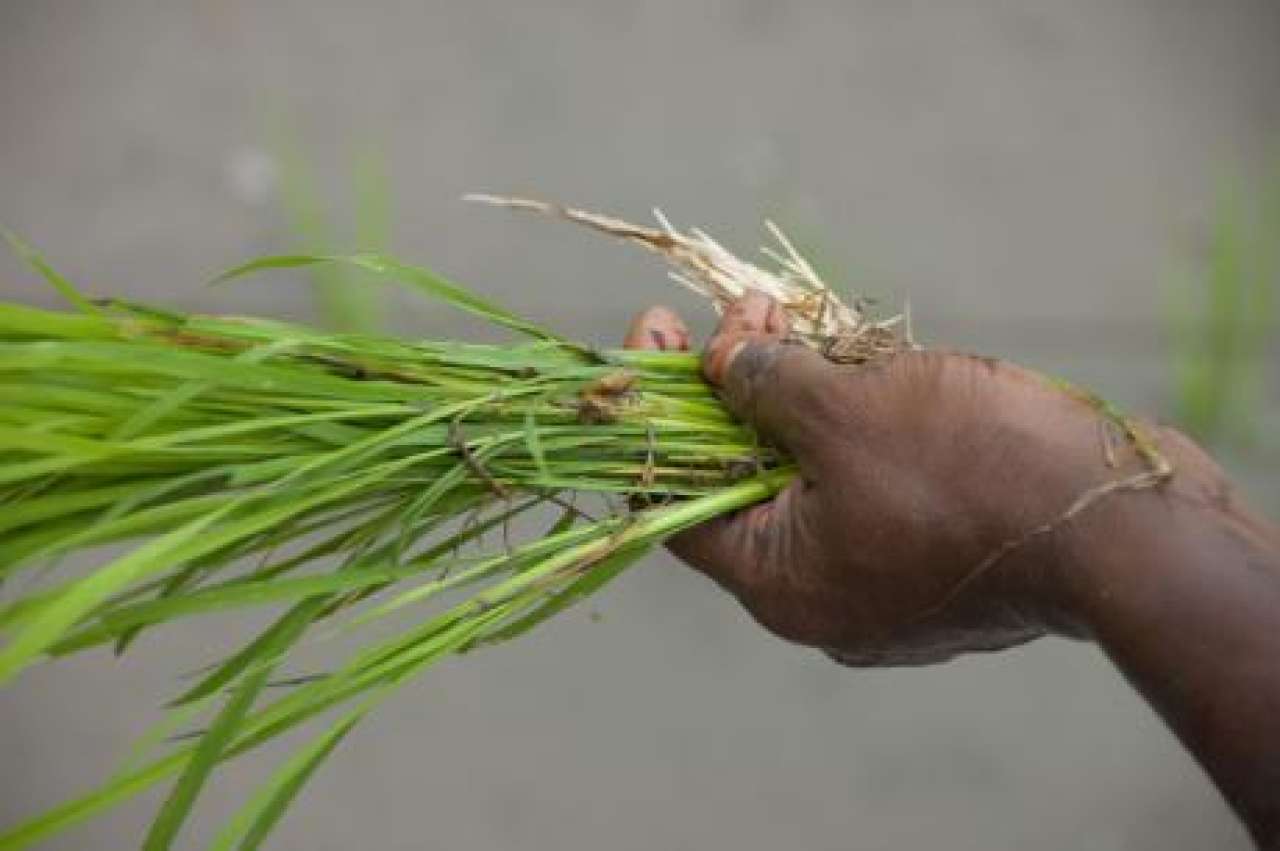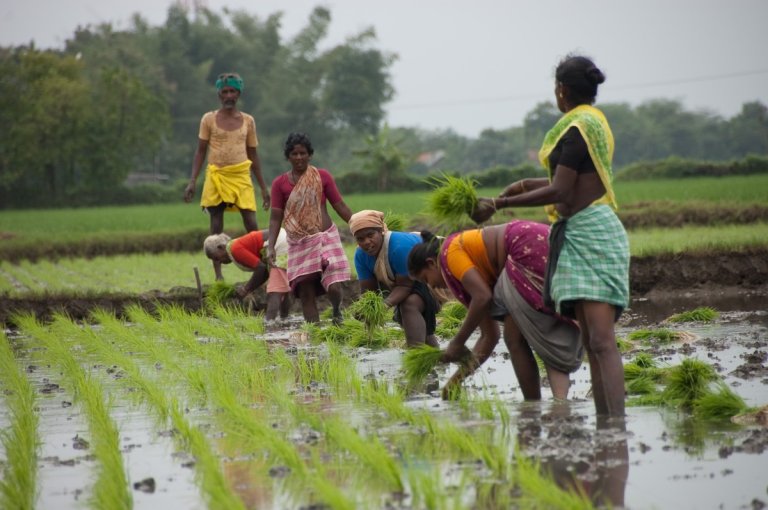Division of Environment and Natural Resources
ClimaRice

End: oct 2012
Start: feb 2009
More information
Follow us on Twitter
Partners
Dr. H. Annamalai, Senior Researcher and Graduate Faculty of Meteorology,
International Pacific Research Center, University of Hawaii,
1680 East West Road, Honolulu, USA
Phone: + 1 808 956 5646
Fax: + 1 808 956 9425
E-mail: hanna@hawaii.edu
Dr. V. Geethalakshmi; Professor and Dr. A. Lakshmanan, Associate Professor
Agro Climate Research Centre, TNAU
Coimbatore, Tamil Nadu, INDIA
Phone: +91-422-2430657 (O)
Fax: +91-422-2430657 / 2431672
E-mail: geetha@tnau.ac.in
Dr. K. Palanisami
Director, IWMI-TATA Policy Research Program
International Water Management Institute (IWMI)
South Asia Regional Office
C/O ICRISAT, 401/5, Patancheru
502 324, Andhra Pradesh, INDIA
Phone: 91-40-3071- 3722
Fax: 91-04-3074/75
| Start - end date | 01.02.2009 - 31.10.2012 |
| Project manager | Sekhar Udaya Nagothu |
| Division | Division of Environment and Natural Resources |
| Department | Hydrology and Water Environment |
| Partners | International Pacific Research Centre (IPRC), Tamil Nadu Agricultural University (TNAU), International Water Management Institute (IWMI) |
| Funding source | Ministry of Foreign Affairs, Norway |
Climate change is likely to influence agriculture and water sectors and eventually food security and livelihoods of a large section of the rural population in developing countries. Extreme weather events such as droughts, floods, heat waves and changes in the monsoon rains are already affecting agricultural production in India and farmers are struggling to adapt and sustain their livelihoods due to these changes. The ClimaRice project is testing and validating selected technologies on farmer's fields in India, in close co-operation with farmers and local agencies. The project follows a multidisciplinary approach, integrating natural and social sciences and bringing science closer to policy makers to enable them to frame suitable policies to adapt to climate change and extreme weather events.
Goal and objectives
The main emphasis of the ClimaRice project is to develop local ownership through active participation of stakeholders in the design, implementation, and management of adaptation strategies to ensure the sustainability of rice production.
The overall project goal is to:
Reduce uncertainties in future monsoon projections, demonstrate the applicability of selected adaptation techniques and enhance stakeholder adaptive capacity to climate change on rice production and irrigation water management practices through field demonstration, institutional and capacity strengthening.
Main objectives:
- To reduce uncertainties in climate models' projections, and demonstrate the applicability of selected adaptation measures
- To standardize and mainstream climate change adaptation measures/ technologies / practises, and activities developed in the ongoing project into the regional adaption programs
- To standardize methodologies that could be up scaled to other areas impacted by climate change.
- To actively encourage stakeholder participation and build stakeholder capacity including those of farmers, agricultural and water managers to climate change adaptation and increase their awareness on the uncertainties involved and on the difference between natural climate variability and climate change
Links
Norwegian Embassy, New Delhi. International Pacific Research Centre (IPRC) Tamil Nadu Agricultural University (TNAU) International Water Management Institute (IWMI) The Intergovernmental Panel on Climate Change Food and Agriculture Organization (FAO): Climate Change The World Bank: Climate ChangeStudy Areas
ClimaRice consists of two study areas located in the Cauvery River Basin, Tamil Nadu, and Krishna River Basin, Andhra Pradesh, in India.
The study area is located in the lower part of the Krishna river basin, Andhra Pradesh, India. It is the fourth largest river basin in India in terms of annual discharge and the fifth largest in terms of surface area. It broadly covers the states of Karnataka, Andhra Pradesh and Maharashtra.

Publications in the project
Authors
Trond Rafoss S. Enayathullah Shah J. S. Kennedy A. Lakshmanan V. Geethalakshmi Sekhar Udaya NagothuAbstract
No abstract has been registered
Abstract
No abstract has been registered
Authors
Rebekka ØvstegårdAbstract
Gender analysis is an important component of the Climarice project in order to better understand the ways in which women and men are differently affected by climate change and how they are adapting. During the current year, a preliminary analysis has been carried out on gender issues. This will be followed by a detailed study in 2011 in selected areas in Andhra Pradesh and Tamil Nadu. The expected outputs will provide more detailed analysis on gender differences and a better understanding of men and women’s vulnerabilities to climate change and clarify the special needs of men and women to adapt. The overall goal is to contribute towards developing appropriate strategies and policy to address gender issues in climate change.
